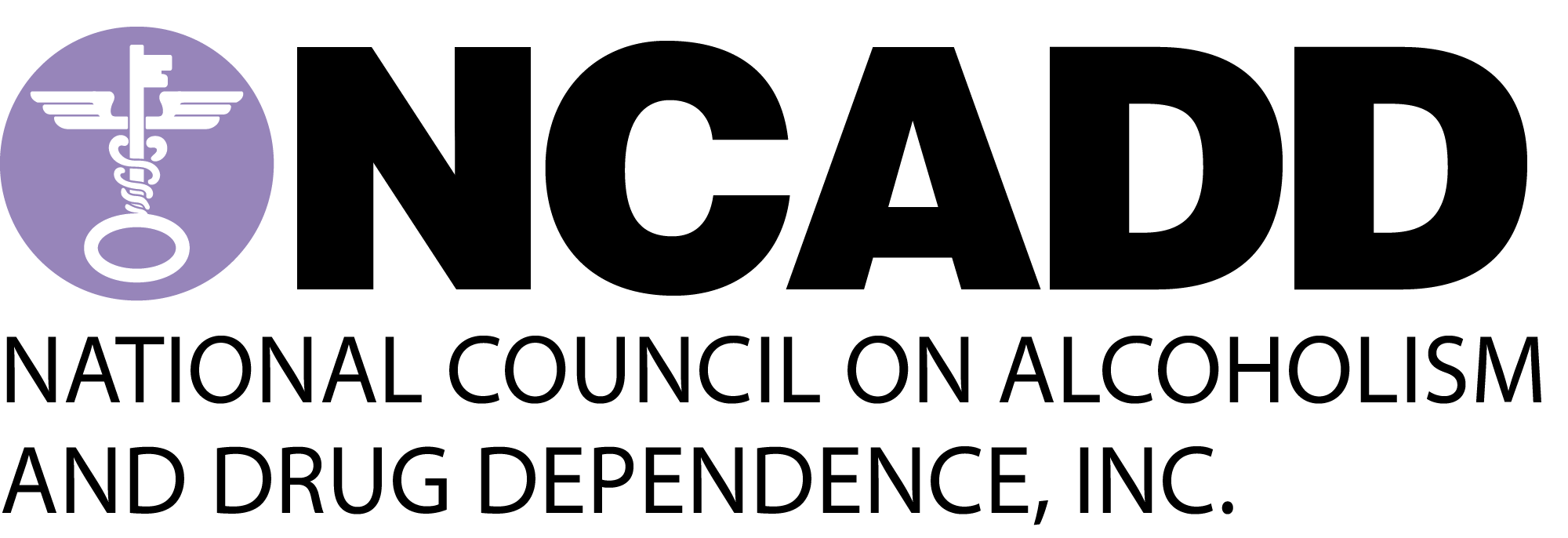Our Founder
Marty Mann
AA Pioneer & NCADD Founder
loMargaret “Marty” Mann (1904-1980) was an American advertising and public relations executive and founder of the National Council on Alcoholism and Drug Dependence, Inc. (NCADD). She was one of the first women in history to share her story of recovery, which found roots in the Alcoholics Anonymous program, and she is remembered and revered for her impactful work in raising awareness and providing support for those affected by substance use.
Born into an upper-middle-class family in Chicago, Mann enjoyed the privileges of her upbringing, attending private schools and participating in the social circles of debutantes. However, her life took a turn when financial reverses compelled her to enter the workforce in her late twenties.
Despite her initial success in the professional world, Mann’s journey towards a healthier lifestyle took a detour. What started as occasional social drinking turned into a struggle that affected her business and personal life. However, she persevered through challenges and sought support to overcome obstacles, paving the way for a brighter future.
In 1939, Mann’s psychiatrist, Dr. Harry Tiebout encouraged her to attend her an Alcoholics Anonymous (AA) meeting. Marty’s first AA meeting was in April 1939. Bill Wilson, (co-founder of AA), was her sponsor for over 30 years. She was deeply connected to the recovery community throughout her life and was a speaker at the 1980 AA International Convention three-weeks before she died at the age of 75.
Inspired by her personal experience and a desire to eliminate stigma and ignorance surrounding substance use, Mann became actively involved in advocacy. She played a pivotal role in highlighting the medical and psychological aspects of substance abuse, fostering a more compassionate and informed perspective. Mann was a champion, particularly for women.

In 1944, Mann founded the National Council on Alcoholism, later known as NCADD, with a mission of offering education, information, support, and hope to the public. Through NCADD, Mann created a network of individuals and affiliates committed to supporting and advocating for people affected by substance use disorders, as well as addressing their impact on families and communities.
Mann’s courage in embracing her journey as a person in recovery from substance use and her triumphant involvement with Alcoholics Anonymous served as a beacon of inspiration for many. Her impactful contribution of the chapter “Women Suffer Too” to both the second and third editions of The Big Book of AA spread a message of empowerment and renewal, encouraging others to pursue their own paths to healing and transformation.
In recognition of her contributions, Mann was named one of the “Ten Greatest Living Americans” by Edward R. Murrow in the 1950s. Her legacy lives on through the continued efforts of NCADD to educate, support, and advocate for those affected by substance use.
